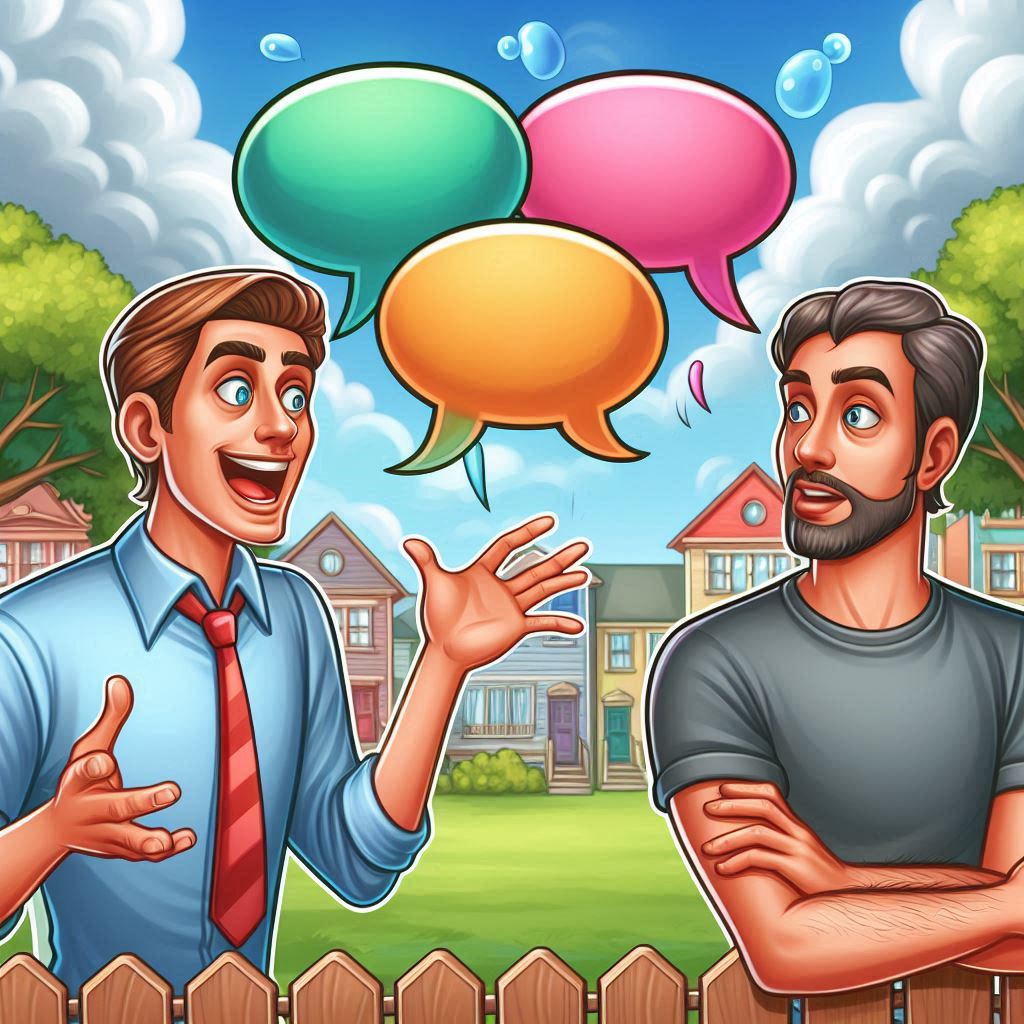How Do They Feel About Me?
Reactions to neurodivergent behaviors and communication styles can vary widely based on the neurotypical individual's understanding, awareness, and level of empathy. Neurotypical people might experience a range of reactions, including confusion, curiosity, discomfort, or even admiration. For example:

Curiosity
Typical Reaction: A neurotypical person might ask questions or seek to learn more about the neurodivergent person's behaviors and communication style.
Examples: They might say, "That's an interesting way to look at things. Can you tell me more about it?" or "I noticed you talk or think differently. Is there a specific reason for that?"
Potential Outcomes: Handling this reaction well can lead to a deeper understanding and mutual appreciation.

Confusion
Typical Reaction: The neurotypical individual might feel uncertain or puzzled by behaviors or communication that differ from what they expect.
Examples: They might think, "Why don't you make eye contact during our conversation?" or "I'm not sure how to respond to your way of expressing feelings."
Potential Outcomes: Handling this reaction negatively might lead to misunderstandings or awkward interactions if not addressed with patience and open-mindedness.

Empathy and Understanding
Typical Reaction: Those with awareness and empathy may respond with kindness, patience, and a willingness to accommodate the neurodivergent person's needs.
Examples: They might say, "I understand that you have a different way of communicating, and I'm here to support you," or "Is there anything I can do to make you more comfortable?"
Potential Outcomes: This reaction can create an inclusive and supportive environment, helping you feel understood.

Discomfort or Misunderstanding
Typical Reaction: Some neurotypical people might feel uncomfortable, uneasy, or misinterpret the neurodivergent behaviors, leading to potential social friction or conflict.
Examples: The neurotypical person might think, "Why are you acting this way? It's making me uncomfortable," or "I don't understand why you are not following social norms, behaving like everyone else."
Potential Outcomes: This reaction can lead to social challenges or exclusion if not addressed (ideally by both parties) with increased awareness and education.

Anger and Rejection
Neurotypical individuals might react with anger or rejection to neurodivergent behavior and communication styles due to misunderstandings, unfamiliarity, or discomfort with differences. Your behaviors can sometimes be misinterpreted as disrespect, disinterest, or defiance, leading to negative reactions.
However, fostering awareness and understanding about neurodiversity can help bridge these gaps. Encourage empathy, open-mindedness, and communication and create a more inclusive and supportive environment.

Something Else
It's important to remember that reactions can be influenced by the level of education and awareness about neurodivergence. Increased awareness and education can foster more positive and understanding interactions between neurotypical and neurodivergent individuals. If you're dealing with such a situation, there are resources and strategies to improve mutual understanding. See some examples below.

